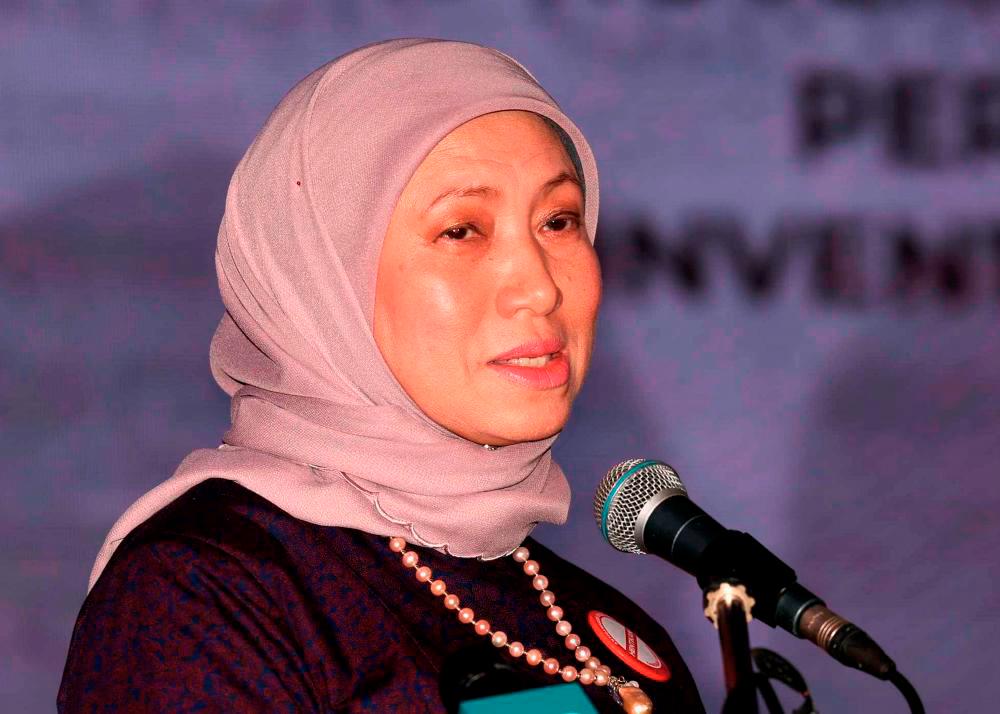KUALA LUMPUR: Women should not only be seen as victims in times of conflict but also recognised as leaders, protectors and drivers of peace, said Women, Family and Community Development Minister Datuk Seri Nancy Shukri.
Nancy said the plan aims to strengthen women’s participation in peace building while addressing gender inequality and protection gaps.
“If women are not included, gender inequality will persist, which in turn affects women’s protection.
“But when women are part of peace and reconciliation efforts, they help make peace more durable,” she said.
Nancy acknowledged that pushing the Women, Peace and Security (WPS) agenda is not easy as not all quarters are supportive.
“As a minister, I must work hard to persuade other ministries and agencies to open opportunities for women.
“If we fail to do so, it is women who suffer — and women are mothers, sisters and daughters who hold families and communities together,” she said.
She stressed that Malaysia is collaborating not only with local agencies but also with ASEAN member states, the United Nations and regional organisations to share experiences and improve implementation.
Malaysia’s contribution to 39 international peacekeeping missions, she added, has already earned recognition from the UN, underscoring the nation’s commitment to advancing WPS.
Nancy said women’s empowerment must extend beyond peace and security into areas such as the economy and workforce.
“When women have financial independence, they feel more confident and can better support their children and families.
“This creates stronger, more resilient communities,” she said.
She highlighted the government’s target of 60% female workforce participation, saying policies must be designed to be women-friendly, including subsidies for childcare and elderly care, as well as workplace facilities like lactation rooms.
“Employers cannot rely only on men. Women bring balance and strength into organisations,” she said.
Nancy pointed to cooperation with police unit D11, which handles cases of sexual crimes, domestic violence and child abuse, as part of broader efforts to protect women and children.
She said the establishment of the Sexual Offences Tribunal had already seen nearly 49 cases handled since its creation, showing more victims are stepping forward to seek justice.
Nancy expressed hope that Malaysia’s NAP WPS will inspire other ASEAN countries to develop similar frameworks.
“We are among the first 100 countries in the world to have a National Action Plan on WPS.
“It is not just a plan on paper but a guiding framework for action.
“If improvements are needed, we will make them. What matters is that it drives real change,” she said.









